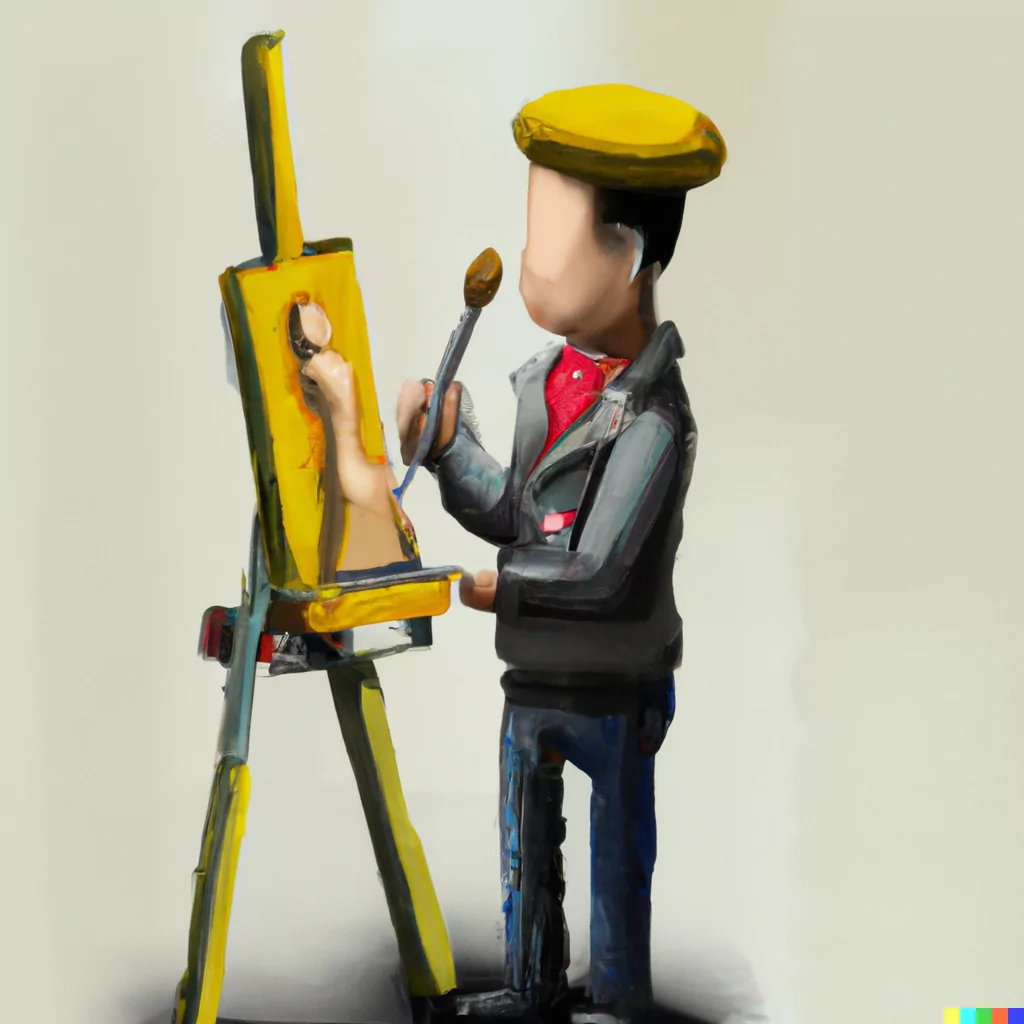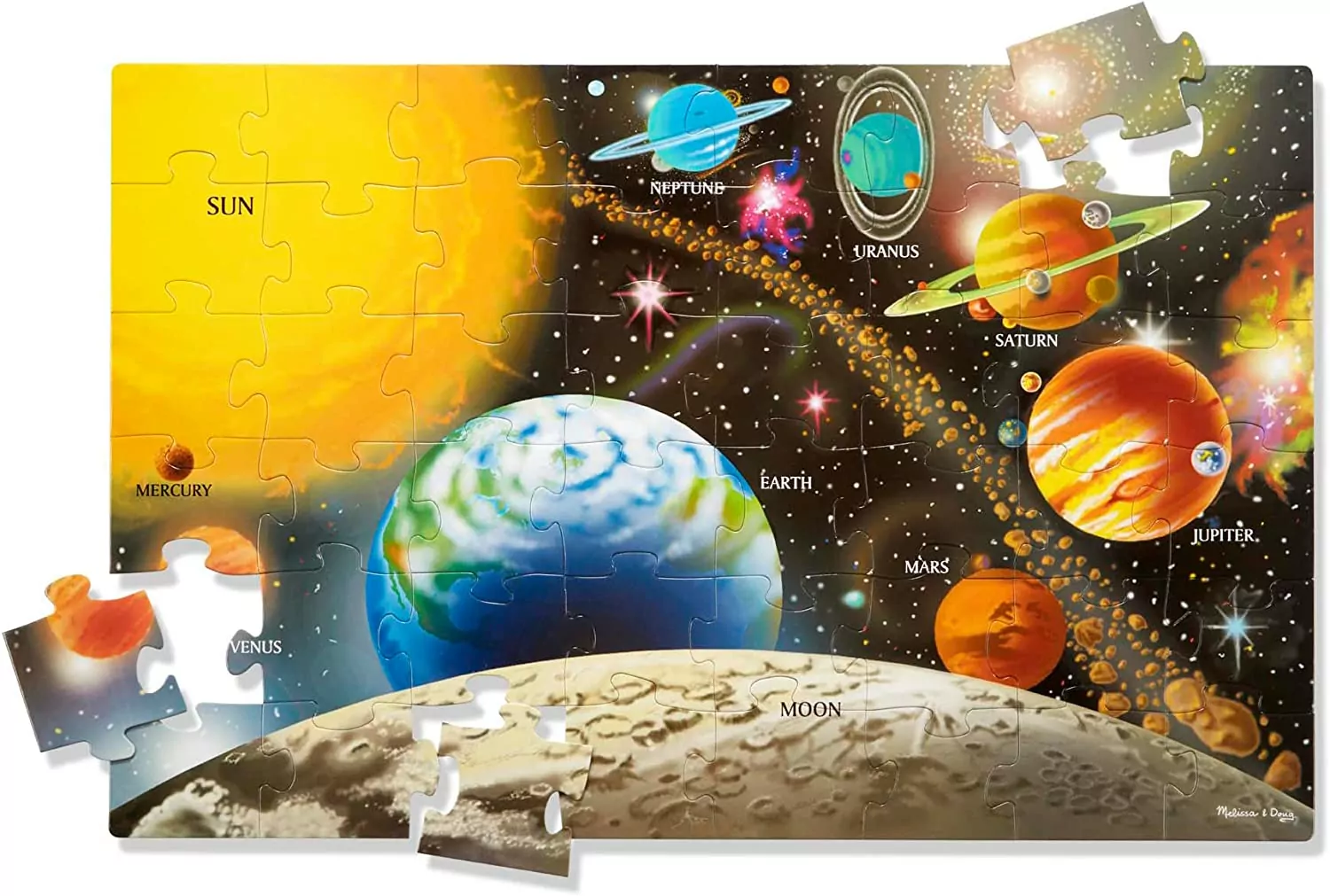A question I have been receiving recently from readers of Educators Technology is whether AI images can be copyrighted or not. While I am not a lawyer or expert in these matters, I did some research and hopefully can help clarify some of these questions. For practical reasons, I only talk about copyright in the context of the U.S.
 |
| Image created using DALL-E 2 |
Is AI generated art copyrighted?
The short answer is no. AI generated artwork, according to a recent ruling by the U.S.. Copyright Office , is not protectable by copyright because it lacks ‘human authorship’.
Long answer, read below.
AI is taking the web by storm and soon AI-generated content will be everywhere online. Throughout human history, new technologies, at least in their initial phase of adoption, have always been met with resistance, skepticism, and sometimes downright refusal.
The reasons for doubt and resistance differ from one technology to the other but at the core of this resistance, as Calestous Juma (author of Innovation and Its Enemies: Why People Resist New Technologies) argues, is that people’s “sense of what it means to be human lies at the root of some of the skepticism about technological innovation.”In our present day, generative AI technologies and more specifically AI art generators are at the center of the storm. Reasons? Plagiarism, lack of authenticity, lack of originality, among several other reasons.
AI art generators are programs endowed with immense computing capabilities that render them capable of generating photorealistic images from text prompts.
Anyone can, in a matter of seconds, generate a ‘unique’ piece of art based on a few textual phrases or visual cues. This is all good till we take into consideration the way AI art generators work.
But in order to understand the problem of AI copyright we need to understand how these AI generators work.
So?
When you ask an AI bot a textual prompt, it simply crawls the web, synthesizes available information, and generates an answer for you. This seems acceptable at first knowing that as researchers that is exactly what we do.
Indeed, several established artists and cartoonists are already suing AI companies over allegations of using their artwork without permission. The cartoonist Sarah Andersen described the work of these AI art generators as “a violation of the soul”.
What does the US copyright office say about AI?
The U.S. Copyright Office has recently ruled that images generated through artificial intelligence can not be copyrighted because they lack ‘human authorship”. This verdict comes in the context of a claim made by computer scientist Stephen Thaler who applied to register a two-dimensional artwork created by his own AI program called Creativity Machine.
 |
| A Recent Entrance Into Paradise, by Stephen Thaler/Creativity Machine |
The Office further explained that the current copyright law only protects “the fruits of intellectual labor” that “are founded in the creative powers of the mind”. Therefore, for a creative work to be copyrighted it “must be created by a human being”.
The Office added that it will not register works “produced by a machine or mere mechanical process” that operates “without any creative input or intervention from a human author”.
Bottomline, as of right now, at least in the United States, AI artwork is not protectable by copyright. However, it is important to stay up-to-date on the latest developments in this topic because things are changing fast and new developments are taking place every single day.
Disclaimer: I am not a lawyer and I do not offer legal advice. This is an editorial piece that is meant to be informative. For any legal guidance on copyright or any other legal issue, you need to seek the services of a licensed lawyer.




